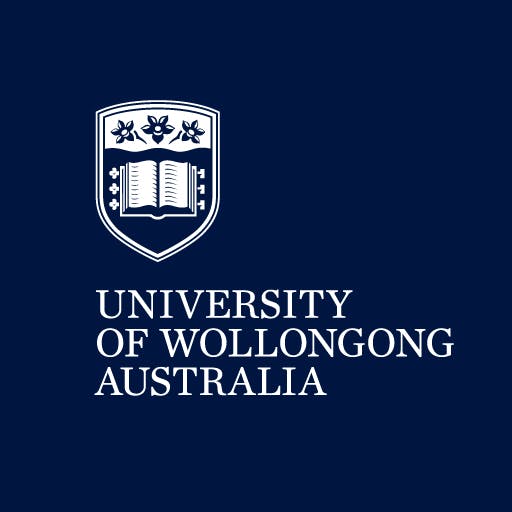Bachelor of Technology
- Posted by University of Wollongong
- Home
- Courses
- University of Wollongong
- Bachelor of Technology
Bachelor of Technology
Course summary Cyber-physical systems, the Internet of Things (IoT), cloud computing and cognitive computing are changing how we manufacture and organise our work sites. As automation and data exchange in manufacturing technologies become more widespread, and technologies continue to evolve at a rapid rate, the need for technology professionals is…
Categories
COURSE DESCRIPTION
Course summary
Cyber-physical systems, the Internet of Things (IoT), cloud computing and cognitive computing are changing how we manufacture and organise our work sites.
As automation and data exchange in manufacturing technologies become more widespread, and technologies continue to evolve at a rapid rate, the need for technology professionals is steadily increasing.
This Bachelor of Technology degree is for the future technologists who will build and secure the networks of the future (Cyber Network Security) and bring about the 4th Industrial Revolution (Industry 4.0).
The degree provides a balanced split between the software and hardware skills, while also providing a strong focus on working in multi-disciplinary teams and the integration of industry experience.
What you will study
During your first year you will study programming, mathematics, electronics and web programming. You will then move on to specialise in either Industry 4.0 or Cyber Network Security.
In the Industry 4.0 specialisation you will study autonomous systems, IoT, big data mining techniques and implementation, and cyber security or AI.
In the Cyber Network Security specialisation you will study subjects in ethical hacking, communication systems, engineering design, electronics, digital hardware, web technology and signals and systems.
This degree
This degree is for innovators and problem-solvers with an interest in developing skills across the fields of software and hardware to work in the industries of the future.
Industry 4.0 is the Fourth Industrial Revolution and refers to the automation, networking and securing of industrial and manufacturing processes. Industries must be flexible in adapting to technology changes, and leveraging off new opportunities to remain globally competitive.
Industry 4.0 is focused on the development of intelligent networking of machines and processes with the objectives of ensuring a competitive manufacturing sector and developing infrastructure for economic growth.
A specialisation in Industry 4.0 will provide you with the technology skills to automate, network and implement Artificially Intelligent systems.
Cyber Network Security has been identified as a strategic priority in Australia to meet the demands of law enforcement, national and state governments, and our defence, security and finance industries. With the ongoing challenges of national cyber security, it is critically important to secure our national infrastructure such as energy, transport, food, water and services such as healthcare, education, emergency services and finance.
EDUCATIONAL INSTITUTION
The University of Wollongong (UOW) is a leading Australian university with an international reputation for academic excellence. It is consistently ranked among the top Australian universities for the quality of its teaching and research. The University offers a wide range of degree programs across all levels of study – undergraduate and postgraduate coursework and research: Engineering and IT, Health Sciences and Medicine; Business and Commerce Applied and Natural Sciences; Arts, Communications and Creative Arts; Law and Education.
The University of Wollongong (UOW) is a leading Australian university with an international reputation for academic excellence. It is consistently ranked among the top Australian universities for the quality of its teaching and research. The University offers a wide range of degree programs across all levels of study - undergraduate and postgraduate coursework and research: Engineering and IT, Health Sciences and Medicine; Business and Commerce Applied and Natural Sciences; Arts, Communications and Creative Arts; Law and Education.

